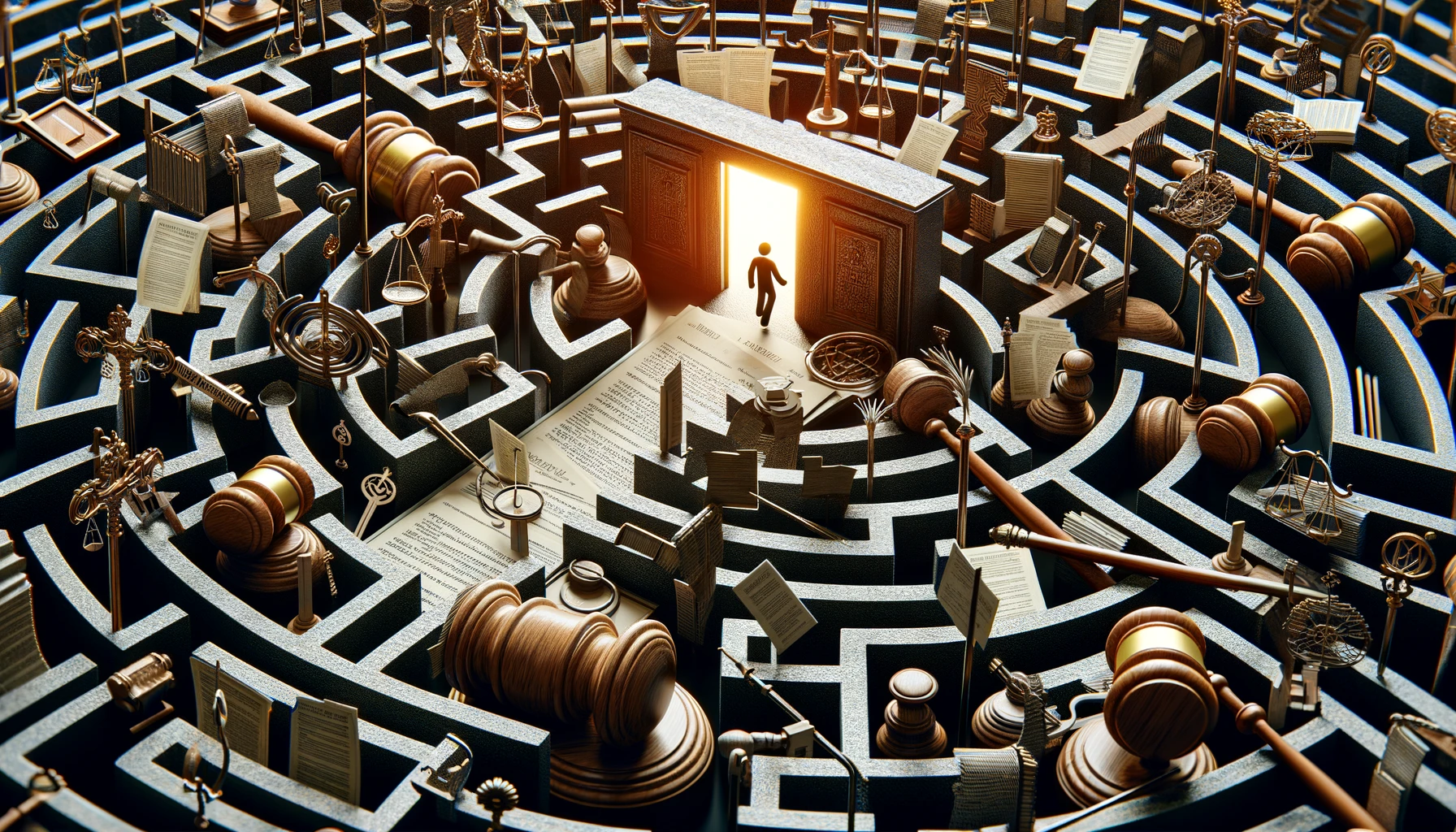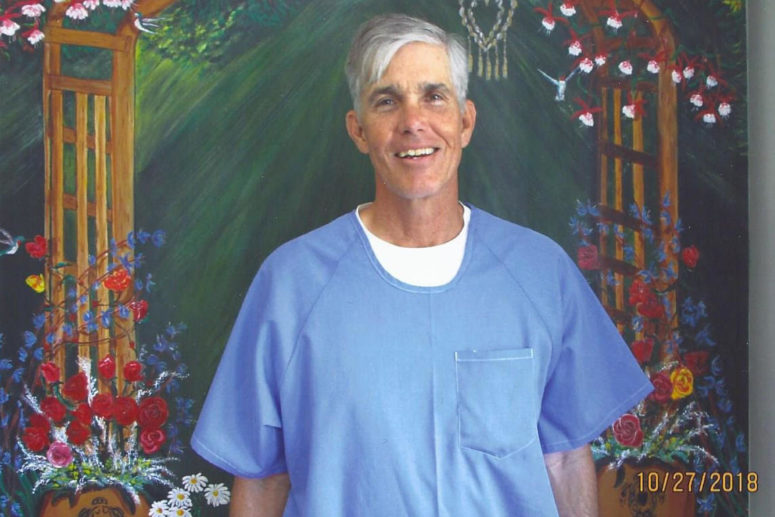Dan Petersen asked on Facebook:
“So, how did y’all go from this, talking about this as a clemency case, to saying he was an ‘innocent man’ in your petition?”

January 23, 2024
By Joe Hunt
The Shift from Clemency to Proclaiming Innocence
It’s a good question. Nothing about the judicial review of prisoner petitions is simple. Essentially, you’re asking why the Courts haven’t granted me relief. The assumption inherent in this line of thinking is that the government and the courts are efficient, reliable, and just, and place primary emphasis on following their own rules.
Challenging the Judicial Process: Imperfections and Assumptions
Let’s analyze that general proposition. Everyone knows droves of people are wrongfully convicted. The examples of people exonerated after one, two, three, or even four decades in prison are numerous. We must conclude that the trial-level judicial process is imperfect, despite the advertised “proof” found beyond a reasonable doubt.
So why would we assume the Appellate process is perfect? On appeal, all presumptions favor the state, and a host of procedural and substantive rules limit relief. It’s more likely that Appellate decisions are flawed than the underlying verdicts.
Appellate Hurdles: A Closer Look at My Case
Before 1987, and the referendum on California Supreme Court justices Reynoso, Grodin, and Bird, the reversal rate in California for serious cases was about 12%. A similar percentage of state prisoners gained habeas relief in Federal Court. After the passage of the Anti-Terrorism and Effective Death Penalty Act following the Oklahoma City bombing, the combined federal/California reversal rate for serious cases dropped to about 1%.
This drastic reduction, 96%, in Appellate relief for prisoners can’t be explained by a dramatic improvement in the fairness and constitutional rigor of criminal trials. It reflected an abandonment of the safeguards and constitutional fidelity that swept the judiciary in the 1960s through the 1980s. Trials are worse now than in the 1980s because prosecutors and judges know there is a negligible risk of reversal, no matter what they do.
Advocate for justice in light of Joe Hunt’s unfair legal treatment by supporting his bid for a fair parole review. His commendable behavior and positive contributions highlight his rehabilitation. Sign the petition to endorse a balanced review of his case, emphasizing the need for justice and fairness in our legal system.
New Evidence and Its Impact on the Case
In my case, I had indisputable proof that exonerating evidence developed after my conviction would bring about a different result if I were retried. I had the result of my co-defendant’s second trial and declarations from jurors exposed to the new evidence several years after my conviction.
As for my co-defendant, Jim Pittman, he was almost convicted in 1986, with an 11-1 guilty vote. Retried in 1988, a year after I was convicted, Jim, under the State’s theory, was the actual shooter. In his 1988 trial, Jim had the benefit of just one of several witnesses, Nadia Ghaleb, who came forward after my conviction to say they knew Ron Levin and had seen him after his alleged murder in June 1984. In that trial, with the new evidence as the only distinction, the vote was 10-2 for acquittal. The case for murder against Pittman was then dismissed.
Regarding the declarations from jurors at a trial held a few years after my conviction, these jurors heard from all the major witnesses called against me in 1987, and they also heard from 41 additional defense witnesses in the Levin case. In their sworn declarations, these jurors stated the new and exonerating evidence was both credible and persuasive. They asserted that if it had been up to them, they would have voted to acquit me in the Levin case. Those declarations are available on this website and explain how they were exposed to the evidence developed after my 1987 conviction.
I repeatedly presented those juror declarations upon appeal, pointing to the implications of the differing result in the two mistrials of my co-defendant, Jim.
Navigating the Appellate Maze: Evidence and Obstacles
However, the state and federal courts chose to ignore that evidence. As for the juror declarations, they refused to consider them, citing an obscure rule that states the thoughts and beliefs of jurors are inadmissible in any effort to overturn a verdict rendered by those jurors. I responded by pointing out that I wasn’t attempting to use the thoughts or mental processes of the jurors who convicted me to impeach their verdict. Rather, I was offering the conclusions and opinions of jurors from a different trial who were exposed to witnesses located after conviction to show that the new evidence was credible and persuasive.
If Joe’s story has moved you, share this article to raise awareness (share buttons at the bottom of the page). The more people know, the stronger the push for a re-examination of his case. Use your voice on social media to advocate for transparency and fairness in the legal system.
So, after refusing to consider the incontrovertible proof that actual jurors would find the new witnesses exonerating, the Appellate courts opined that my conviction should stand as I had no credible proof that a different result at retrial was likely or even possible.
There it is in a nutshell. All Appellate papers are available through this website; see for yourself.
🌟 Join the Conversation: Ask Joe Series
Do you have questions about Joe Hunt’s case or want insights on the justice system? Be a part of our ongoing “Ask Joe” series. This is your chance to engage directly with Joe and delve deeper into his story and experiences. Post your questions on our Facebook page or X.com, and stay tuned as Joe addresses your queries in upcoming segments. Your question could be the next one we explore in our journey for justice and understanding.
Don’t miss this unique opportunity to interact and gain perspective straight from Joe. Ask away, and let’s unravel the complexities together!
